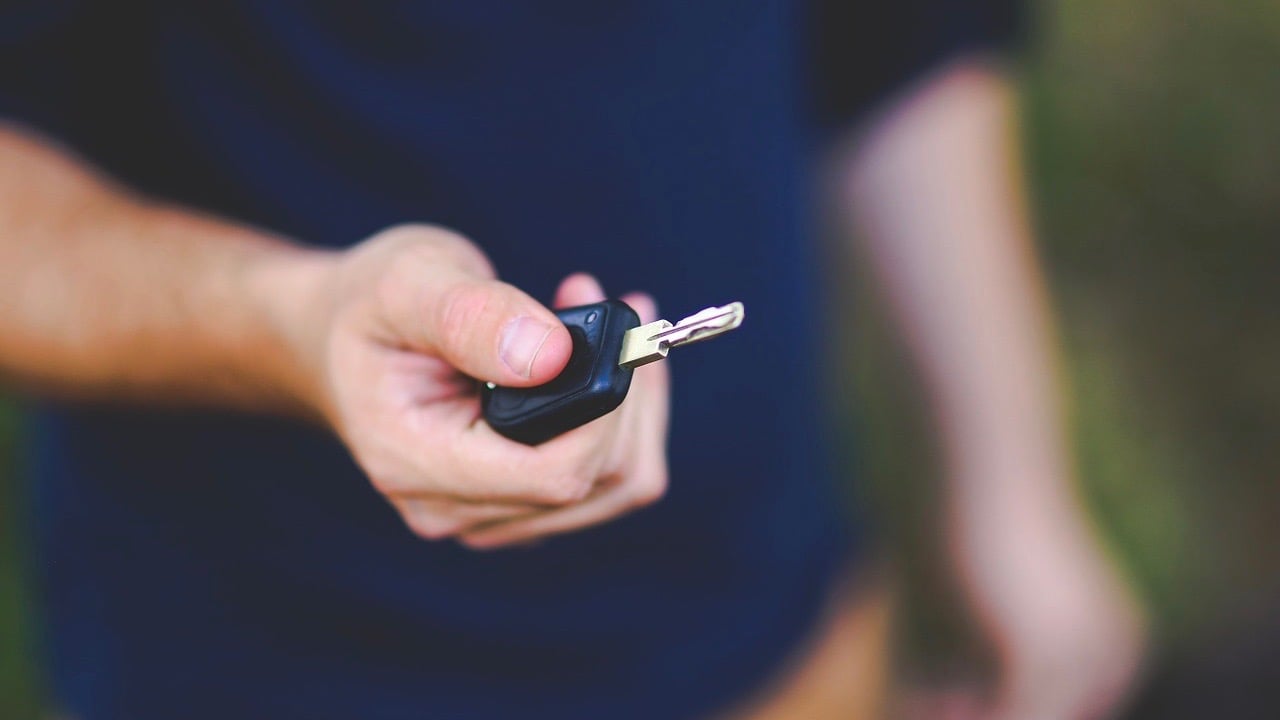
A second DUI conviction will result in a suspension of your Massachusetts driver’s license. However, the suspension’s length and your eligibility for a hardship license can vary depending on your case’s circumstances.
For example, a Chemical Test Refusal (CTR) penalty would be imposed automatically by the RMV for refusing a breathalyzer test. If your previous DUI conviction was more than ten years ago, you might also qualify for what’s often called a “24D Second Chance” or “Cahill” Disposition. Under this alternative sentence, the court would hand down a reduced license suspension usually reserved for first offenders who enter a 24D alcohol education program.
How Long Will My License Be Suspended?
Here’s a breakdown of the possible license suspension durations for a second DUI conviction:
- Second DUI conviction: two-year license suspension
- “Cahill” Alternative Disposition (first DUI was 10+ years ago): 45-90 day license suspension
- Breathalyzer test refusal (1 prior DUI offense): three-year license suspension
These license suspensions are cumulative. This means your license would be suspended for five years if you received a second DUI conviction within ten years and refused a breathalyzer during the arrest. Failing a breathalyzer test triggers an automatic RMV-imposed license loss of 30 days, but this period will likely end before the case is resolved and your court-imposed suspension starts.
On the other hand, if you were offered a “Cahill” Disposition for your second DUI (and did not refuse the breathalyzer), you’d only be without your license for 45-90 days after your sentence begins.
Let’s consider a more complicated scenario. What if:
- Your first DUI charge ended in no conviction (via a CWOF and 24D alcohol education program)
- The first case ended more than ten years ago
- You refused a breathalyzer test during your more recent arrest
- You were charged with OUI, but given a “Cahill” Disposition (sentenced as if it was your first offense)
In this case, the first-offender alternative disposition you’ve been offered includes a 45-90 day license suspension for DUI. However, you’ll have to serve an additional three years for refusing the breathalyzer test. This is because the Massachusetts RMV will see this conviction as your second offense for DUI—the registry counts CWOFs as DUI offenses on your driving record, even though there was no criminal conviction.
Can I Get a Hardship License?
If you’re serving a two-year suspension for your second DUI conviction, you may be eligible for a work/school hardship license after six months, or reinstatement due to general hardship after one year.
However, no hardship license will be granted during the three-year term of a Chemical Test Refusal suspension. This means that if you refused a breathalyzer test as part of your second DUI conviction, you wouldn’t be able to apply for general hardship for a total of 4 years.
What Else Should I Know?
Plenty of other factors can affect your case. For example:
- Even if you’re eligible for a “Cahill” Disposition, a conviction of OUI Serious Bodily Injury (where someone was severely hurt as a result of your DUI) carries a mandatory two-year license loss from the RMV.
- A subsequent charge for DUI would be considered a third DUI offense, even if you received a “24D Second Chance” for your second DUI conviction.
- Drivers under 21 face additional complications compared to those of drinking age.
The bottom line is that DUI law is complicated. You’ll need a qualified Massachusetts DUI attorney on your side to examine the details of your case and advise you about what to expect or do next.

